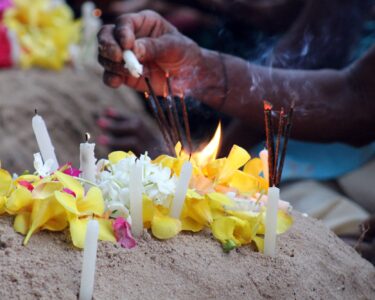Sri Lanka is facing a number of challenges in its external sector, including a vulnerable export sector, the need to attract foreign investment, and the need to build resilience and diversification, said the Institute of Policy Studies (IPS).
The country’s export sector is concentrated in a few key products, such as tea and garments, and is therefore susceptible to sector-specific shocks. The global economic downturn has also led to weakened demand for Sri Lankan exports in key markets.
Sri Lanka also needs to attract foreign investment to boost economic growth and create jobs. However, the country’s economic crisis and sovereign default status have made it a less attractive destination for foreign investors.
Finally, Sri Lanka needs to build resilience and diversification in its external sector to reduce its vulnerability to external shocks. This includes implementing reforms to raise productivity and expand and diversify exports.
The government is taking a number of steps to address these challenges. It is easing import controls, seeking to forge partnerships with regional giants, and targeting to attract USD 2 billion in FDI in 2023. The government is also negotiating trade agreements with a number of countries and expressing interest in joining the RCEP trade bloc.
However, more needs to be done to overcome Sri Lanka’s long-standing structural bottlenecks, such as high energy costs, labour shortages, and scaling back on infrastructure spending. By implementing the necessary reforms, Sri Lanka can regain lost confidence in its economic prospects and build a more resilient and diversified external sector.







